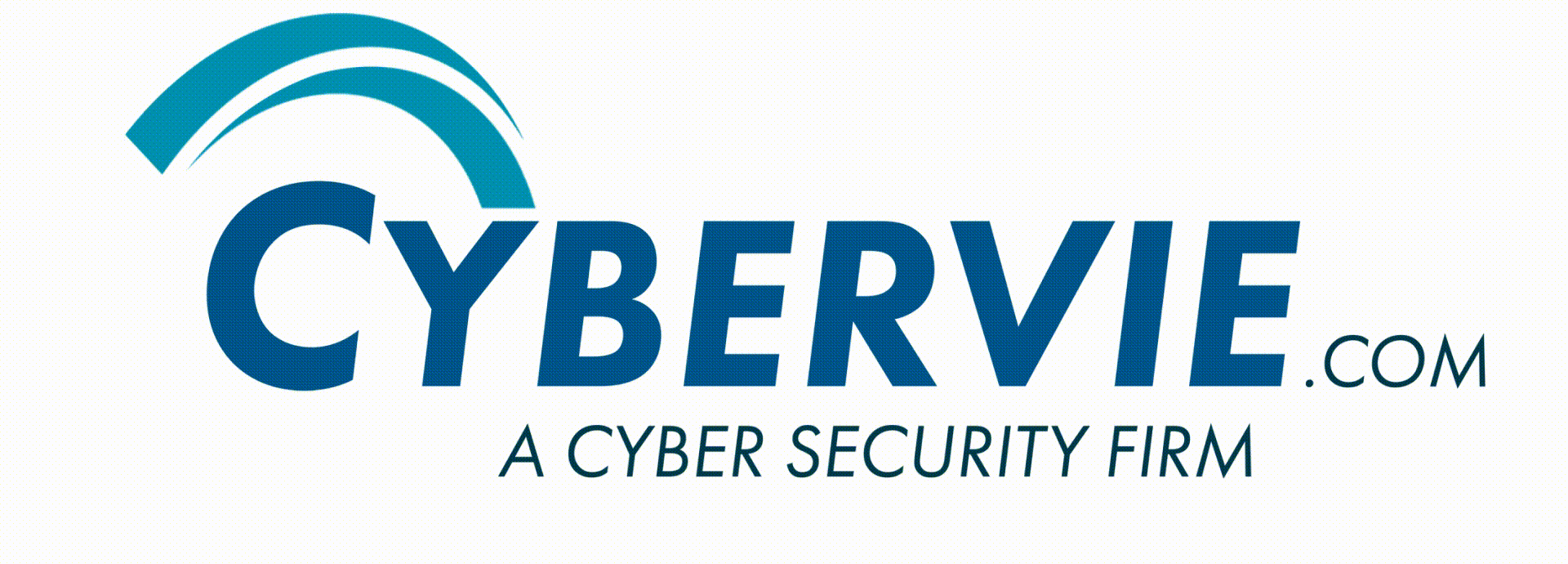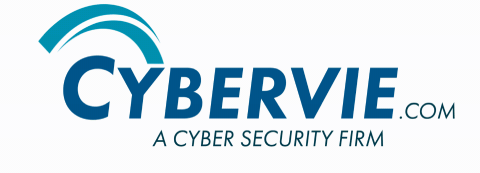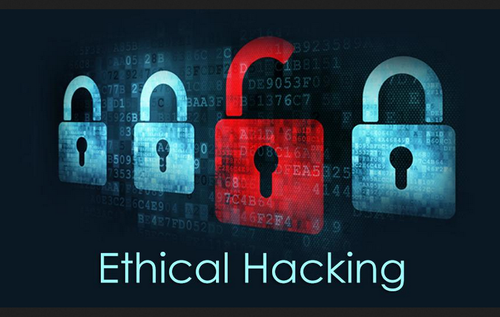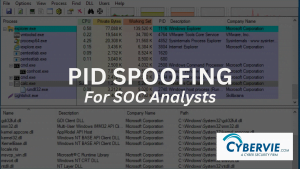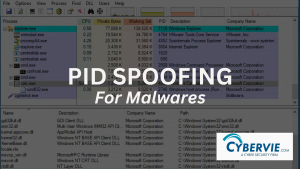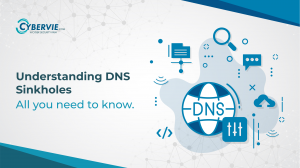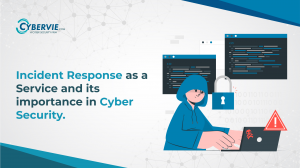Introduction-
Today in this world, we uses variety of information. Therefore, experts established different areas to secure these information. Such areas are Information security, Cybersecurity, and Ethical hacking. In our previous post we learnt about difference between three closely related terms I. e Cyber security, network security and information security. But do you all know what is the difference between ethical hacking and information security.
Information security : A parent tier
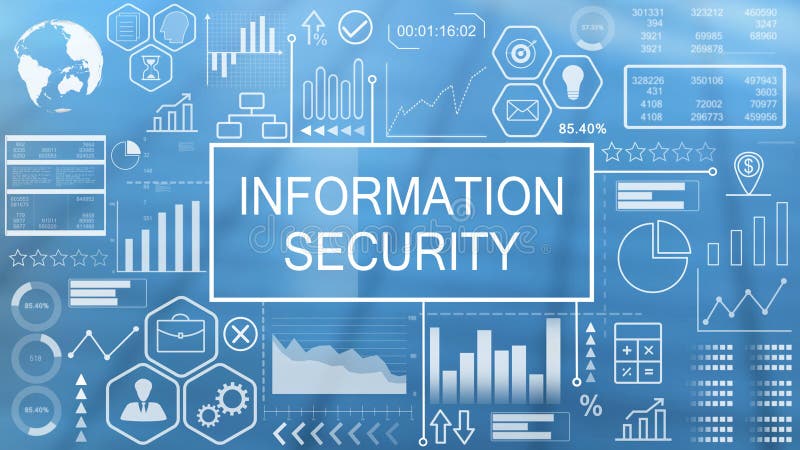
Information security is the parent tier of security which uses its own 5 pillars of security like availability, integrity, confidentiality, authentication, and non-repudiation to protect and secure systems of information. It is also concerned with integrity and reliability of data.
5 pillars of Information security
Confidentiality– In this data or information is not disclosed to any other person other than authorized person for unauthorized access.
Integrity– It ensures that data is complete and accurate.
Availability– It makes data available and accessible as required by people who are responsible for it.
Authentication A method that enables the identification of an authorized person. Authentication verifies the identity and legitimacy of the individual to access the system and its resources.
Non–repudiation– A system that ensures no one can deny their actions.
According to previous post whenever we are discussing about the Information security, we need to understand what is this CIA trio. What it comes to mind when hearing first about CIA trio? A secret group of three people? not exactly.
CIA trio refers to those policies and guidelines which the industry experts pay attention to while developing policies for effective information security system.
CIA trio is the most important aspects of Information security.
C- CONFIDENTIALITY : It protects the information from unauthorized access to people with the help of passwords, pin codes, ID’s and encrypted codes.
I-INTEGRITY: It protects the information from unauthorized access to people from being modified by unauthorized people. It safeguards accuracy of data.
A-AVAILABILITY- The information is available to people whenever they need them by keeping them with current updates and backups.
While observing throughout in security industry , The CIA TRIO according to Cybervie is to helps you to detect vulnerabilities of a system, attacks and manage emergency situations. It uses real time scenarios which can help students to understand the market and maintain its integrity. It is all time available to provide best cyber security training program.
Ethical hacking –

Now its time to understand what do we mean by the term “ethical”. In common terms the word “Ethical” is the process of choosing between right and wrong. It relates to moral principles. the term ethical hacking is a sub branch of cyber security which means to detect and check loopholes to see if any unethical action is achievable.
Ethical hackers use their skills, knowledge, and expertise to evaluate organizations’ IT stability, also report their results, and guide how to improve organizations’ overall security. It aims to assess the security of networks and assess risks.
Phases of ethical hacking –
An attacker or an ethical hacker follows the five-step hacking process to breach the network or system. The ethical hacking process begins with looking for various ways to hack into the system, exploiting vulnerabilities, maintaining steady access to the system, and lastly, clearing one’s tracks.
- Information gathering phase –
The objective of this phase is to collect as much information as possible. Before preparing an attack, the attacker collects all the necessary information by using tools such as HTTP Track about the source . The data contains passwords, essential details of employees, etc.
1 information gathering phase collects data from areas such as:
- TCP and UDP services
- Vulnerabilities
- Through specific IP addresses.
2. Scanning phase –
The second step in the hacking step is called as scanning, where attackers find different ways to get the target’s information such as user accounts, credentials, IP addresses, etc. It involves to find easy and quick ways to access the network for information by using tools such as dialers, port scanners, network mappers, sweepers, to scan data and records.
different types of scanning are-
- Vulnerability Scanning: This scanning practice focus the weak points of a target using automated tools such as Netsparker, OpenVAS, Nmap, etc.
- Port Scanning
- Network
3. Gaining Access
The next step in hacking is to use the means which attacker needs to gain unauthorized access to a targeted system, application, or network. An attacker could use a variety of tools and methods to gain access to and break into your system.
4. Permission Access
Once an attacker has access to the targeted system, the attacker will do its best to maintain that access. During this phase, hackers continually exploit the system to launch DDoS attacks, use the hijacked system as a boot pad, or steal the entire database. Backdoors and Trojan horses are tools used to exploit vulnerable systems and steal credentials, important records, and more. In this phase, the attacker aims to maintain unauthorized access until the user completes malicious activity without their knowledge.
5. Clearing Track
In the final stages of ethical hacking, hackers need to pave the way for themselves because they don’t want the attackers to be caught. This procedure ensures that the attacker leaves no traceable clues or evidence. This is very important because ethical hackers need to stay connected within the system without being identified by incident response or forensic teams. This includes editing, corrupting, or deleting registry values. Attackers also remove or uninstall folders, applications, and software, or ensure that modified files are restored to their original values.
Information Security Vs. Ethical Hacking
There are certain parameters on which Information Security vs Ethical Hacking is specified-
Aim– Information security apply to all types of data while ethical hacking identify computer’s mistakes and notify its owner .
Concern – Information security safeguards information against all attacks. Ethical hacking uses offensive side of security.
Deals with – Information security deals with integrity confidentiality and availability of data and the other takes responsibility of correcting the flaws and conducts tests to find and correct them.
Info sec and Cybervie aims at providing protection and safety to all types of e-data and ethical and good hacking fixes all types of bugs in the system.
Main Benefits of Ethical Hacking
However, the most obvious benefit of learning ethical hacking is the
- potential to inform, enhance, and defend your corporate network.
- Hackers are the main threat to an organization’s security.
- By learning, understanding, and implementing how hackers work, network defenders can prioritize potential risks and learn the best ways to deal with them.
- In addition, anyone seeking a new role in security, or wanting to show their skills and quality to their organization, may benefit from ethical hacking training or certification.
Conclusion-
While we have learnt enough about information security and ethical hacking, we need to know both are important today.
Cybervie provides practical training and knowledge on both these aspects. For more interesting content and interview preparation do visit https://www.cybervie.com/
